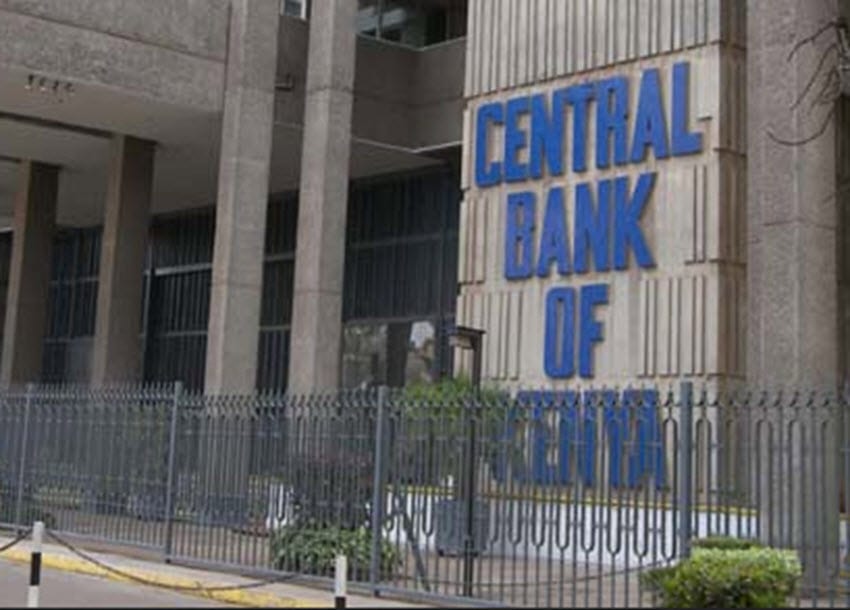The Central Bank of Kenya (CBK) has formally revoked the authorisation of PayU Kenya Limited as a licensed Payment Service Provider (PSP), following the company’s decision to voluntarily cease operations in the country.
In a statement issued by the CBK, the regulator confirmed that the decision follows an official application by PayU to terminate its operations in Kenya, a move that was approved after the company fulfilled all legal and regulatory obligations, including the settlement of all customer funds.
PayU, which was granted its PSP licence by CBK on March 23, 2023, operated in Kenya for roughly two years. The company’s exit marks the conclusion of its local operations under the National Payment System Act, 2011, and the National Payment System Regulations, 2014.
Strategic Review Behind PayU’s Exit
According to CBK, the decision to wind down operations in Kenya was made by the PayU Board of Directors following a “comprehensive strategic review” of its business direction.
The review examined PayU’s performance in the Kenyan market, its broader regional strategy, and global operational priorities. Although PayU did not publicly disclose specific reasons for exiting Kenya, industry analysts note that the country’s highly competitive digital payments landscape may have influenced the company’s decision.
Kenya’s payments ecosystem has grown rapidly in recent years, dominated by players such as M-Pesa, Airtel Money, Pesapal, Flutterwave, and Cellulant. This has created a dynamic but challenging environment for new entrants seeking scale and profitability.
Regulatory Compliance and Consumer Protection
CBK emphasized that PayU met all requirements related to business cessation, including ensuring that no customer funds remained outstanding.
“PayU has adhered to all the legal and regulatory requirements related to the cessation of business operations, including the payment of funds owed to customers,” the CBK statement read.
Under Section 15 of the National Payment System Act, 2011, and Regulation 10 of the National Payment System Regulations, 2014, any PSP that ceases operations must formally notify the regulator and demonstrate that customer obligations have been settled in full before licence revocation.
This ensures the integrity and stability of the payment system, protecting users from losses during corporate exits or transitions.
CBK Reaffirms Oversight Role in the Payment Ecosystem
Following PayU’s exit, CBK reaffirmed its commitment to maintaining a safe, efficient, and resilient payments ecosystem, which has become central to Kenya’s financial inclusion success.
“CBK remains committed to ensuring the safety, stability, integrity, and efficiency of the payment ecosystem in Kenya,” the statement concluded.
The CBK continues to oversee a growing number of licensed PSPs, fintechs, and digital lenders operating under the National Payment System framework. The regulator has, in recent years, tightened supervision of payment firms, requiring compliance with capital adequacy, data protection, and anti-money laundering (AML) standards.
Context: Fintech Sector Consolidation
PayU’s exit underscores a broader trend of consolidation and strategic realignment in Africa’s fintech landscape. While Kenya remains one of the continent’s leading hubs for digital finance innovation, rising regulatory costs, compliance requirements, and competitive pressures have seen several international players adjust or exit local markets.
For PayU, which operates across multiple global markets including South Africa, Nigeria, and India, the exit from Kenya likely reflects a focus on markets with greater transaction volumes or higher integration with global e-commerce networks.
Nonetheless, CBK’s handling of the cessation — ensuring that customer funds and obligations were fully addressed before revocation — highlights the regulator’s continued focus on consumer protection and market stability.
What It Means for Users and the Market
For Kenyan users and merchants previously using PayU services, the revocation means that PayU can no longer legally offer payment processing or digital transaction services in Kenya.
Merchants relying on PayU’s payment gateway have likely already been migrated or advised to transition to alternative licensed PSPs.
Market observers expect limited disruption to the overall payments sector, given the wide range of competing service providers and Kenya’s robust payment infrastructure.





